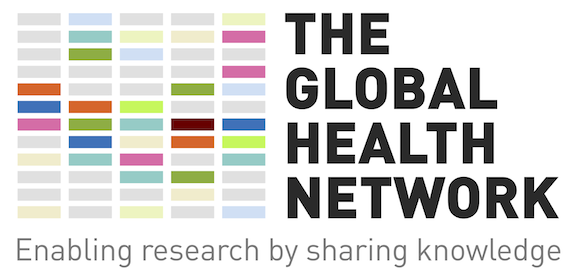|
Duration: Certification: Languages: Related Resources: DATA CAPTURE, MANAGEMENT AND ANALYSIS |
Adverse Events can be defined as undesirable or harmful effects or experiences arising or linked to the clinical research being carried out. This short course provides a general introduction and overview of Adverse Events and how to deal with them when they occur. This course is suitable for everyone involved in clinical research.
Objectives
Upon completion of the course you will have gained an understanding of:
- The importance of collecting, recording and reporting adverse events;
- The definition for the different categories of adverse events;
- The mechanisms used for identifying these events, how they are evaluated when they occur and how follow-up may be carried out;
- The necessity of assessing a causal relationship between the study intervention and the adverse event; and
- What data is typically reported and who receives the reports.
Congratulations! You are about to start a free course, a donation would help keep this access free for you, and everyone across the world.

Acknowledgements
The Global Health Training Centre is built through the support and partnership of the World-Wide Antimalarial Resistance Network and the East African Consortium for Clinical Research.
Editor:
- Mary Logan - Global Health Network Training Manager
Reviewers:
- Steve Wandiga - Kenya Medical Research Institute (KEMRI)/Centers for Disease Prevention and Control (CDC) - KEMRI/CDC Research and Public Health Collaboration, Kisumu, Kenya.
- Andy Burke - CTSU, University of Oxford
Funders:
This course has been funded by the WorldWide Antimalarial Resistance Network (WWARN)
Source Material:
Material for this course is taken from material very kindly supplied by the The MRC, Gambia from their taught course ‘Informed Consent’.
Use and reproduction of these e-learning materials:
These e-learning materials are owned by The Global Health Network. You are free to share or adapt this material but you must attribute it to The Global Health Network using the link www.theglobalhealthnetwork.org.
For further information please see our FAQ page.
|
|

